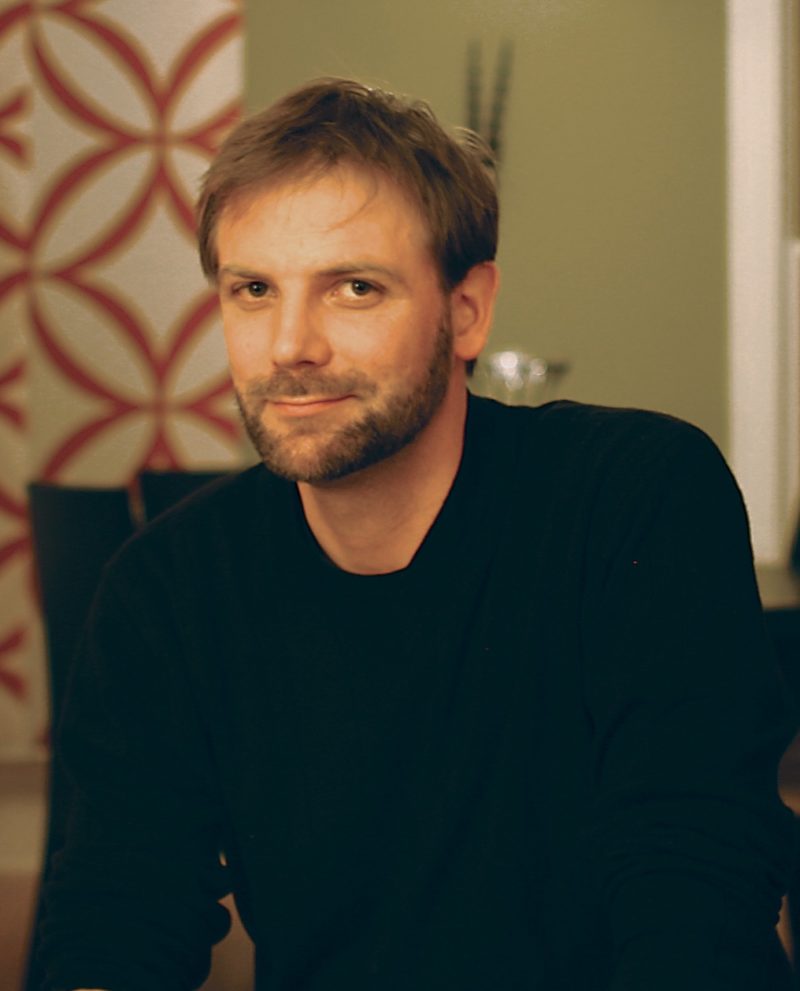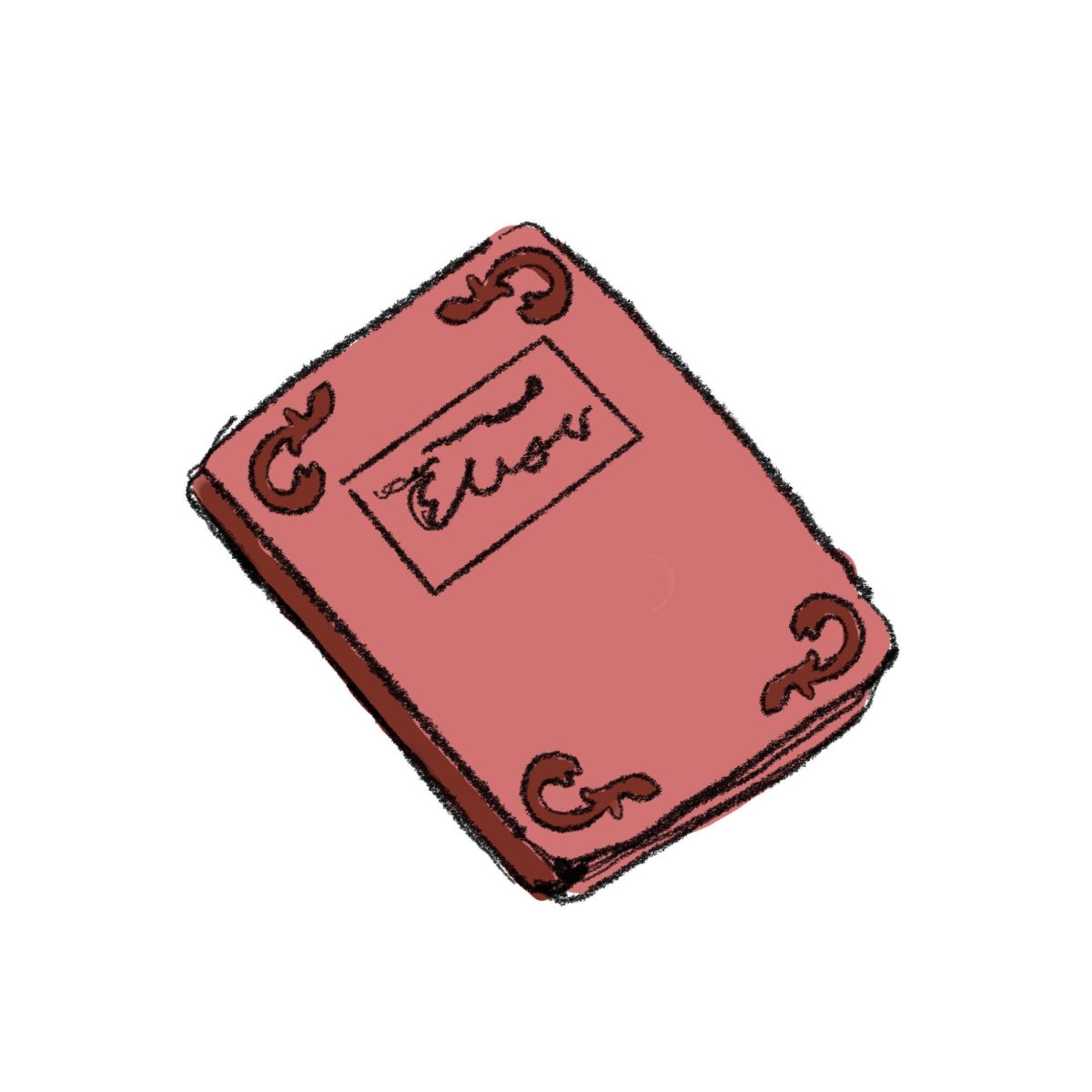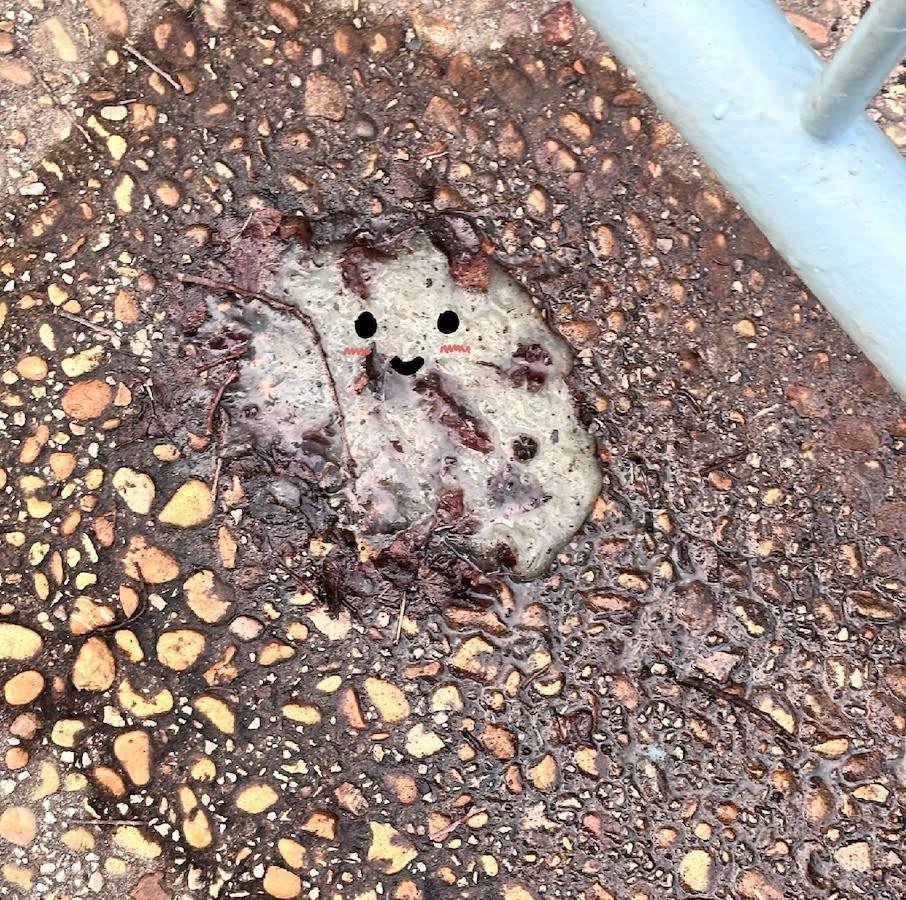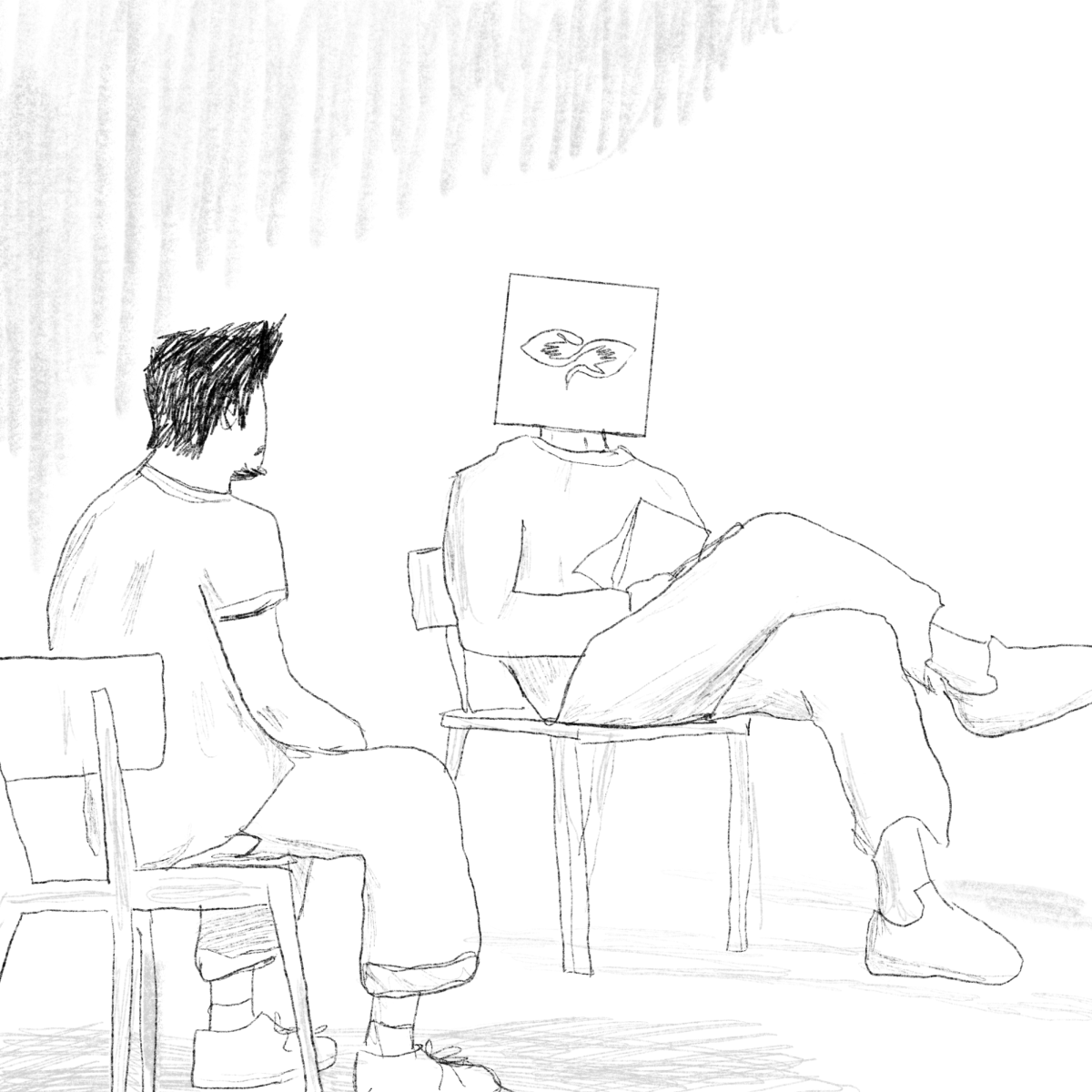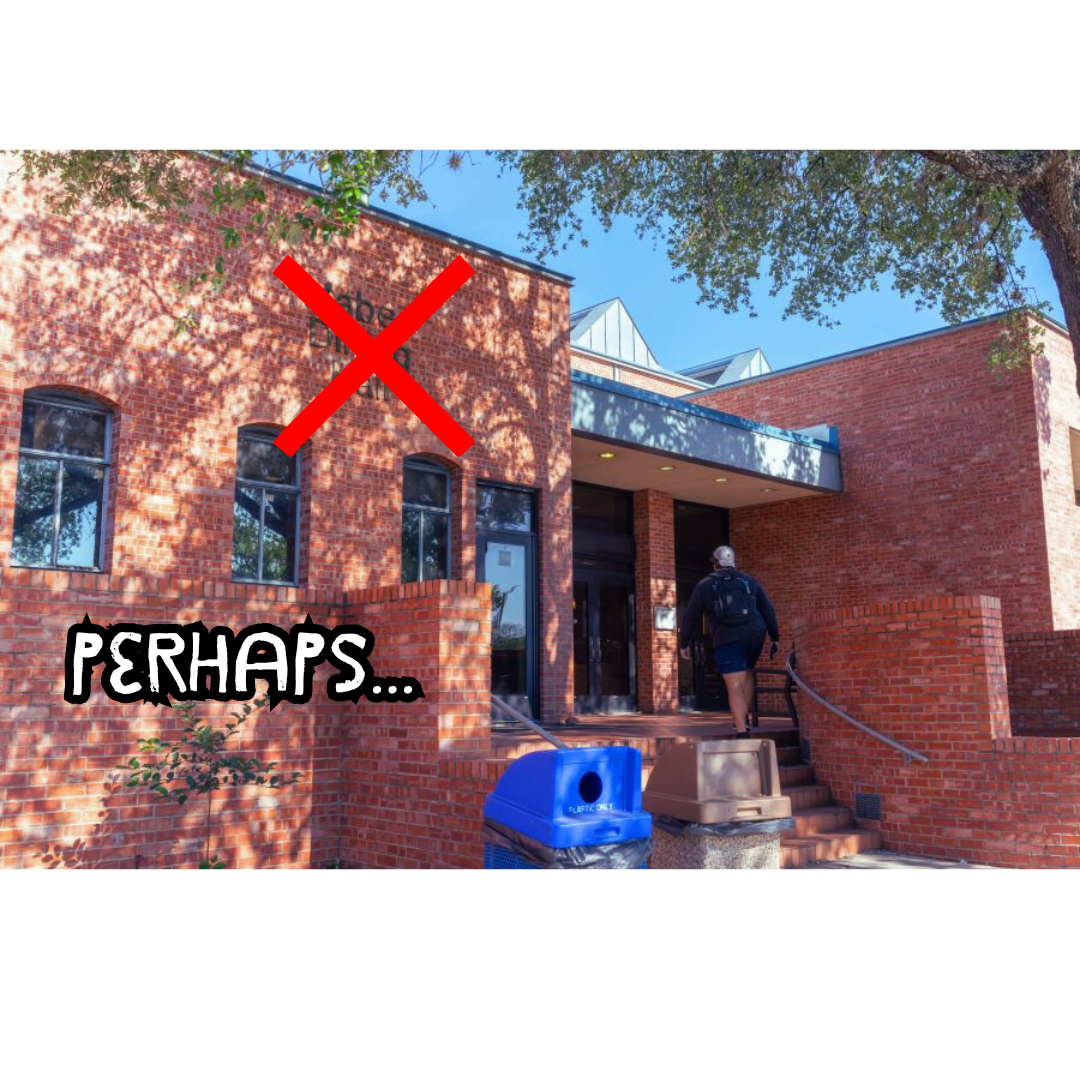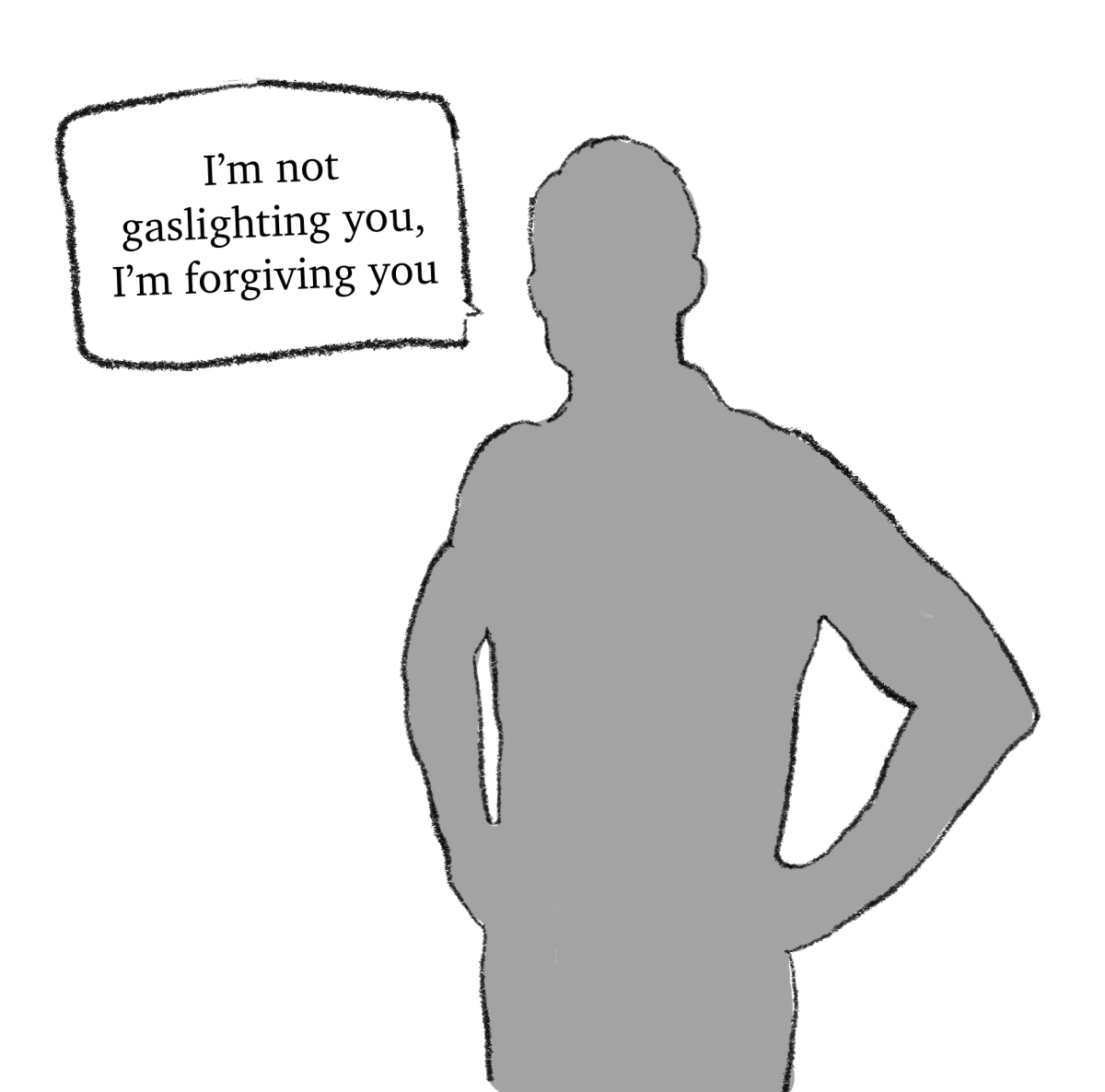Whether they are writing short stories, taking care of their newborns or researching wars in Europe, Trinity professors keep busy while on leave. Now, they are back on campus and readjusting to new schedules.
Although you may have seen him walking in between Northrup Hall and the library, Andrew Porter of the English department was on academic leave last fall. He chose to focus on writing his second collection of short stories and found his quiet office, which is stacked to the brim with books and art, to be a more productive work space than his home with two young children.
“Well on the one hand it’s nice; it’s always nice to be back in the classroom after a break. There’s a period of adjustment because you’ve been spoiled a little bit and you’ve gotten used to waking up in the mornings and just being able to concentrate on your own work. It’s a bit overwhelming the first week or two,” Porter said.
Kelly Carlisle, also in the department of English, just returned from a different kind of leave: maternity. After the initial recovery, she was able to spend some time working on finishing the book she is writing as well.
“The only weird thing is trying to get into a schedule with having still a young baby at home that needs feeding. I have to rearrange my work schedule and often end up working nights. But I think once I get a system for that, I don’t think it’ll be so bad,” Carlisle said.
While Porter and Carlisle remained at home in the San Antonio area, Rosa Aloisi of the department of political science ventured to Bosnia and Herzegovina to complete research.
“One of the things I wanted to look at was how places that had been indicated as sites of atrocities and mass crimes are now being used by the government,” Aloisi said.
Aloisi traveled throughout the regions of former Yugoslavia with political science student Maria Protić to examine genocide memorials and speak the Muslim community.
“Some of the towns that we visited are empty. There are houses that are brand new with colors like pink, orange, vivid blue, but no one lives there. One of the survivors told me that he thinks the people rebuilt their houses just to make sure that the government knows they have survived, but then they don’t want to live there because there is still persecution,” Aloisi said.
Jason Johnson of the department of history also traveled to Europe to complete his research in a small village in central Germany.
“It’s a village of 50 people, sort of halfway between Munich and Berlin. It happened to be on an old German state border. And over the years, that old state border became the Iron Curtain. So there was roughly 25 people in the east, 25 people in the west. Their lives were totally disrupted from division,” Johnson said.
While researching the story behind this mini-Iron Curtain, Johnson was also able to work on finishing his book.
“For historians, being able to discuss our research and show them what we’re doing in class is really engaging. It’s just sort of completing of the circle when we’re able to use our own work in class,” Johnson said.
Similarly, Porter plans to use lessons from his academic leave in the classroom.
“I designed a new course while I was on leave, and it’s on linked short story collections. I probably wouldn’t have had the time to design it during a typical semester,” Porter said.
Now all that is left is for the professors to get acquainted with their new students.
“I really missed teaching while I was gone. Some things I didn’t miss, don’t get me wrong, like grading papers, but I really missed being around students,” Carlisle said.

